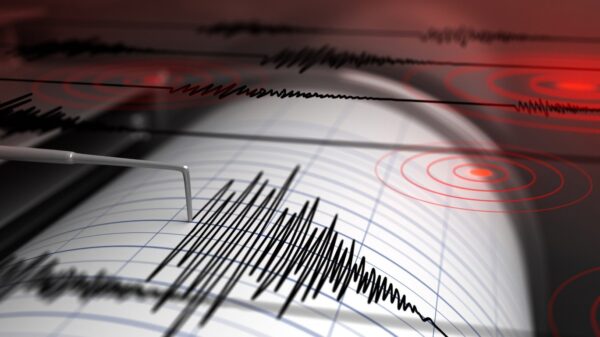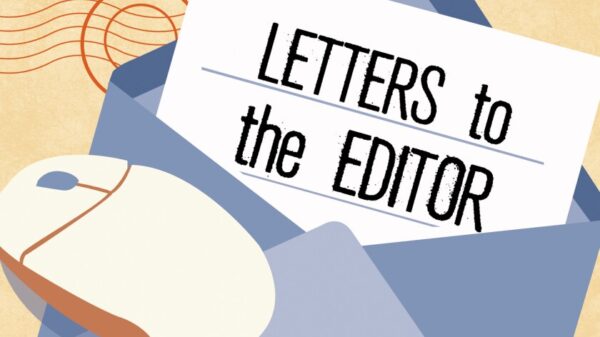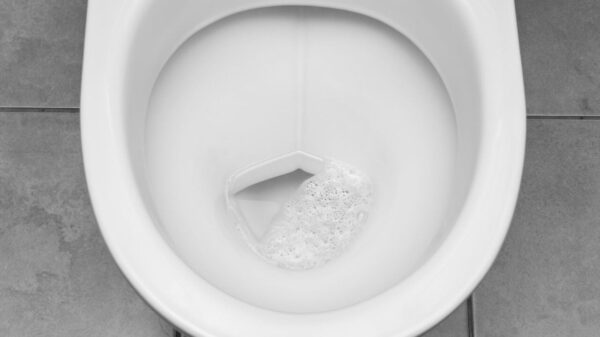The rise of eating disorders is increasingly linked to the unpredictability of modern life. Economic instability and social unrest contribute to a heightened sense of fear and anxiety, driving individuals towards unhealthy coping mechanisms related to food and body image. In this context, many find temporary solace in controlling their eating habits, leading to a cycle of restriction and bingeing that exacerbates mental health issues.
When faced with uncertainty, the desire for stability often manifests through rigid behaviors. For those vulnerable to eating disorders, strict meal plans, calorie counting, and exercise regimens can provide a false sense of control. These actions may appear to anchor individuals amid chaos, but they ultimately tether them to suffering.
Such behaviors often serve as a coping mechanism for managing overwhelming feelings. For example, purging may offer a fleeting sense of relief, akin to releasing built-up tension, yet it carries significant emotional and physical consequences. The underlying issue remains the same: individuals are attempting to navigate intolerable uncertainty.
As global and personal uncertainties increase, thoughts related to body image and control may intensify. The idea that if one cannot fix the larger world, perhaps they can fix their body becomes a prevalent notion. Yet, true healing lies in fostering a relationship with uncertainty. Recovery is not about eliminating unpredictability; it involves learning to coexist with it without resorting to self-destructive behaviors.
Building Connections for Recovery
Establishing connections with others who can acknowledge fears without rushing to resolve them is essential. In times where collective anxiety prevails, it is tempting to retreat into a narrow focus on what feels certain—such as the scale or food logs. However, genuine safety stems from connection, flexibility, and trust. These qualities are often compromised by eating disorders but can be rebuilt through the recovery process.
Even in uncertain times, healing can serve as a quiet act of defiance. Choosing to confront fear with curiosity, chaos with care, and division with self-compassion is a powerful step towards recovery.
The journey towards recovery emphasizes that the struggle itself is often the most rewarding aspect. Life presents challenges not as punishments but as opportunities for growth. Embracing difficulties can lead to meaningful transformation and self-discovery.
Psychology Today offers resources for individuals seeking to understand themselves better. Their self-tests explore various traits, from social tendencies to perfectionism, providing insights into personal challenges.
As society grapples with uncertainty on multiple fronts, awareness of how these factors influence mental health is crucial. The connection between economic instability, social unrest, and the rise of eating disorders underscores the need for compassionate support systems. By fostering understanding and connection, individuals can begin to navigate their paths toward healing, transforming struggles into opportunities for growth and resilience.





































































